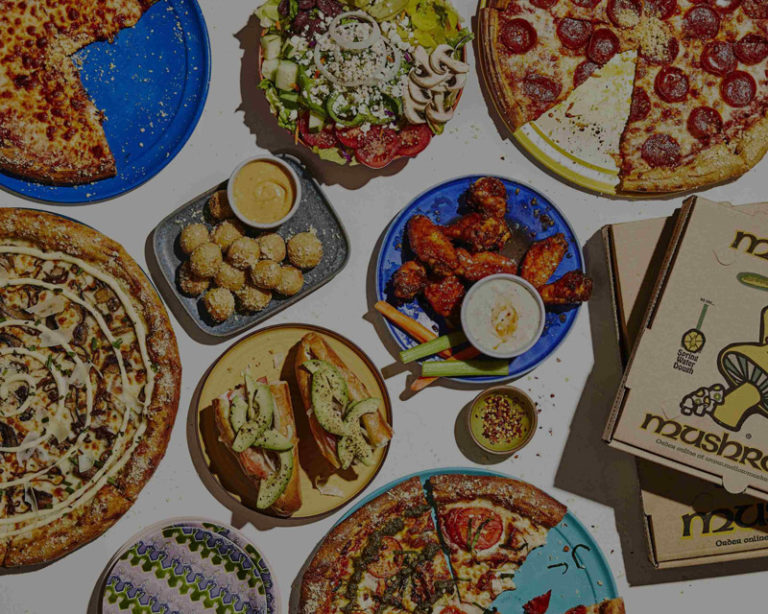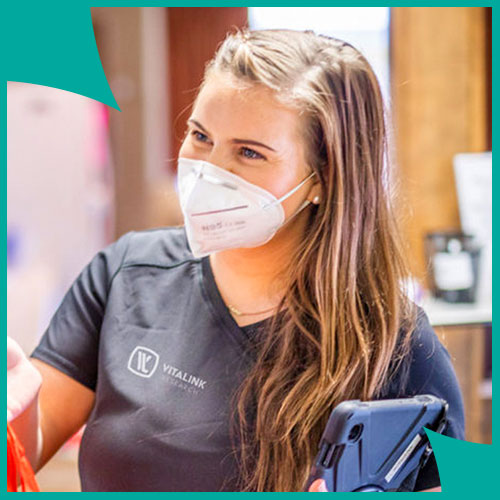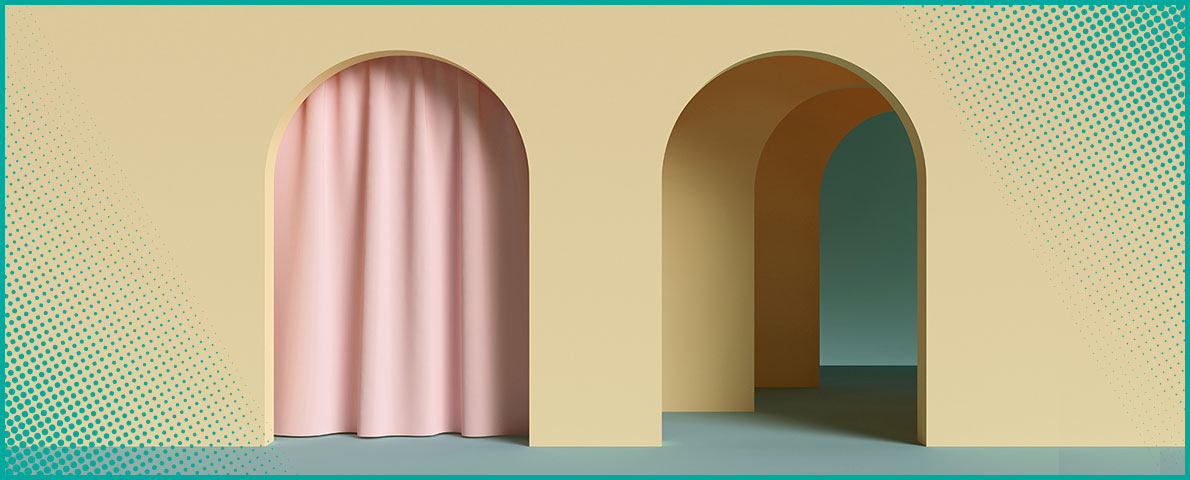Like many other writers and creatives, I worked in restaurants for a long time while trying to figure out my career path. That experience taught me a range of important things in my life. In a busy restaurant, for instance, you learn how to deal with difficult people, prioritize organization, and remain detail oriented. And there’s no better way to boost your empathy through the roof than learning to deal with moms of kids with gluten allergies or a deep disdain for anything resembling an onion.
When you work in a fine dining restaurant where people are spending hundreds of dollars on multiple courses of chef-curated, locally sourced ingredients and very old bottles of wine, they expect you to know the answer to every question. From “Which wine pairs best with this dish?” to “When was this cow still alive?” — you’ve got to have answers if you want to make tips.
In some of these cases, you’re free to get as creative as you please, so long as your answer isn’t going to impact the quality of the meal or mislead the diner. “Yes, of course this cow was a registered organ donor” can do fine, for example. The answer neither matters nor can be verified- a little white lie to make your job a little easier for the night.
But, sometimes a customer has a more serious question around an allergy, or details on an expensive bottle of wine that require a thoughtful and truthful response. In these moments where I found myself unaware of the correct answer, there was one phrase guaranteed to leave the diner at ease and gave me the opportunity to continue excellent service: “I’m not entirely sure about that. Let me find out for you.”
The Power of Asking
A willingness to admit uncertainty and seek out answers works well for a few reasons. First, it lets the customer know you’re paying attention and care enough to find the answer to their question or solution to their problem. It also keeps the conversation and interaction active, even after you leave the table. Furthermore, it shows just a little bit of above-and-beyond effort which can go a really long way, especially when it comes to making an extra 5% tip for a young 20 something on a $500 check.
As I’ve grown in my career and moved out of the restaurant industry into professional creative environments, “I’m not sure about that; let me find out for you” (or at least its spirit) is still something I use to my advantage often. Here are a few ways I’ve found this concept helpful and how to take advantage of it.
Harness the Ego
Many of us may be intimidated or even afraid of admitting we don’t know something. We’ve all been taught (programmed, maybe) to present as experts or thought leaders when it comes to our fields. Saying “I don’t know” often feels like an instant loss of credibility.
In reality, admitting you don’t know everything is an effective way to not let your ego drive your decision making. By no means should one default to indecisiveness or imposter syndrome, but balancing confidence with humility produces more fruitful work and relationships all around. A willingness to admit unknowing creates an opportunity not only to learn something new, but to learn something together: an invaluable element of trust and team building. It often opens doors for opportunity you may have otherwise never stumbled across.
Most importantly, being confidently unsure sucks the ego out of a conversation. It’s much easier to progress with someone willing to learn and figure it out together than having to feign expertise and stumble through a process.
Kill Imposter Syndrome
While asking the right questions can help mitigate the feeling, we all experience some form of “fake it til we make it” from time to time. It’s inevitable and nothing to be ashamed of. But, the process of “making it” can often feel disingenuous or like we’re lying to our colleagues (or ourselves), when we aren’t sincerely sure of something. The funny thing about imposter syndrome though, is that it only exists when you keep it to yourself. As soon as you’re willing to admit you aren’t sure of something and put it out into the universe, you’re transformed from “imposter” to student.
Once we commit ourselves to ongoing learning and a willingness to ask questions, imposter syndrome has little space to hold on. “Fake it till you make it” may be something we can all relate to, but “Learn and figure it out till you make it” is a bit more human, and therefore more appropriate.
Make It Positive
Part of harnessing the power of “I don’t know” is making it a positive statement as opposed to an apology. We’ve been trained to see a lack of expertise as a negative thing: something to be ashamed of, especially in the workplace.
I challenge you instead to reframe the concept. Rather than letting feelings of incompetency or inadequacy creep in when you have a question, see it as an opportunity to learn and better yourself. Relish a conversation about the thing you don’t know with someone who does. Do some digging on your own and get ahead of the conversation before it even has the chance to feel negative.
If we’re honest with ourselves and treat these moments as opportunities instead of problems, we’ll not only better ourselves, but build stronger relationships with those from whom we can learn.
Don’t stop at “I don’t know.”
The only time the concept of admitting you aren’t sure of something turns negative is when the thought ends with “I don’t know.” This type of answer simply doesn’t allow for the open curiosity of a “Yes, and…” continuation of the conversation — for either person involved.
A willingness to admit unknowing works in your favor only when you finish the phrase with an actionable follow up. By completing “I don’t know” with “let me find out,” “I will ask X person,” or even better, “Can you teach me?” you open doors to learn new things, showing a willingness to learn, and adding to your cache of skills and knowledge. It also empowers both parties to become engaged and involved — widening both your circles.
Expertise doesn’t happen in a vacuum. None of us become successful without guidance from those with more experience and knowledge. A willingness to learn and ask questions is absolutely essential in growing yourself — be that in your personal or professional life. It’s a crucial step on the path to “making it,” whatever that means for you.
Admitting we don’t know everything leads us to ask better questions and learn without accusing ourselves of imposter syndrome or overly faking it. It makes us more confident learners, takes pressure off the expectation of perfection, and brings us closer to those we work and interact with every day.
